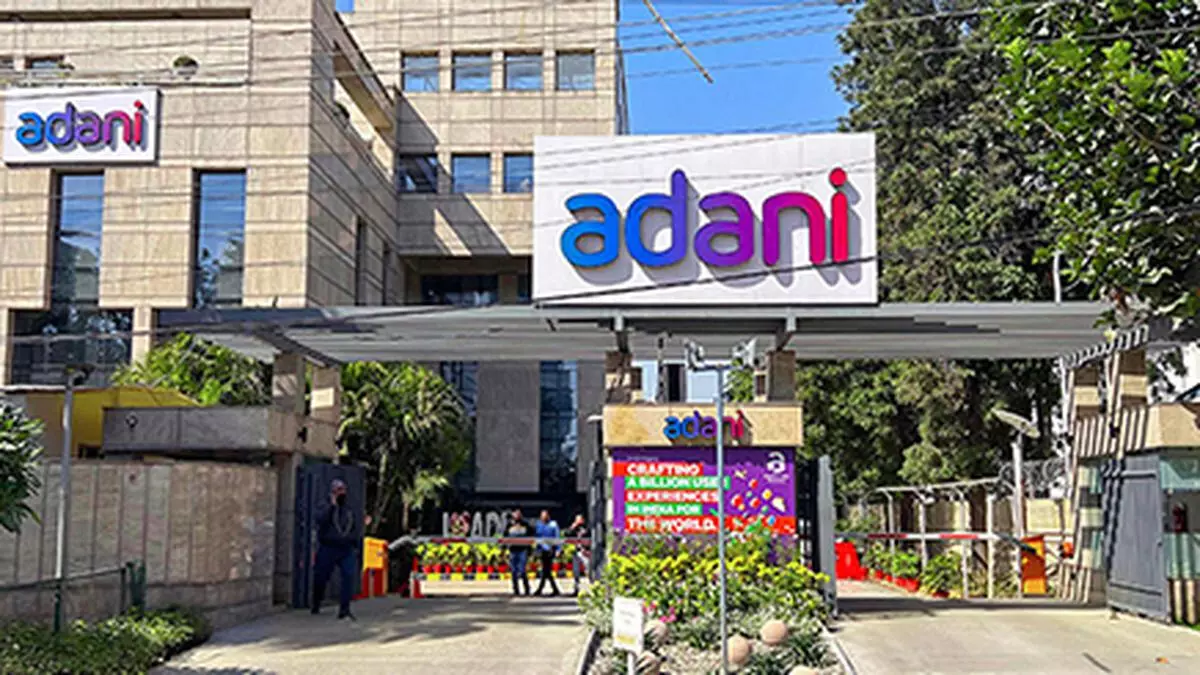Hindenburg saga: Four FPIs under SEBI scanner for Adani share price crash
A bear cartel led by six entities, including four Foreign Portfolio Investors (FPIs), a corporate body and an individual who likely targeted shares of the Adani Group just days before the publication of the Hindenburg Report, then squared off their positions with a huge profit amid the panic, under SEBI Scanner for suspected tampering.
A report by US-based short-seller Hindenburg Research on January 24 unleashed a flurry of short bets on Adani Group companies, resulting in a stock rout that smashed the conglomerate’s market valuation by more than $125 billion. supreme court- The appointed expert committee noted in its report that “the Enforcement Directorate had found intelligence about coordinated and possible malfeasance sales by certain parties prior to publication of the Hindenburg Report, and this could lead to credible accusations of destabilizing Indian markets and SEBI must investigate such actions under securities laws.”
Short selling
Business line He had reported on February 11 on the rampant short selling in shares of the Adani Group prior to the publication of the Hindenburg Report through the use of structured product derivatives (SPDs) – powerful stock market instruments, specially designed by foreign brokers for large clients in offshore jurisdictions. These SPDs are similar in many ways to the controversial Participatory Notes in that the identity of the actual customers remains hidden, unless regulators lift the veil.
“The pattern of trading here (of the six entities) is suspicious due to the accumulation of short positions by these entities in Adani’s records before the Hindenburg Report, and the large profits they made by squaring their short positions after the publication of the Hindenburg Report,” SEBI told the expert panel.
In turn, the committee asked SEBI to prepare charts with data across all Adani stocks and submit them for analysis with the aim of investigating those who built short positions prior to the publication of the report and profited from the price crash.
“It is worth noting that the strong comments on the Hindenburg Report are that it did not contain new data but was a compilation of inferences from data in the public domain. The Committee is also aware of the fact that the allegations made in the Hindenburg Report are based largely on publicly available information However, the manner in which the information was stabilized and presented, led to a sharp decline in the share prices of Adani, the expert panel noted in its latest report.
The Hindenburg itself disclosed that it had “held short positions in Adani companies through bonds and derivatives instruments not traded in India”.
